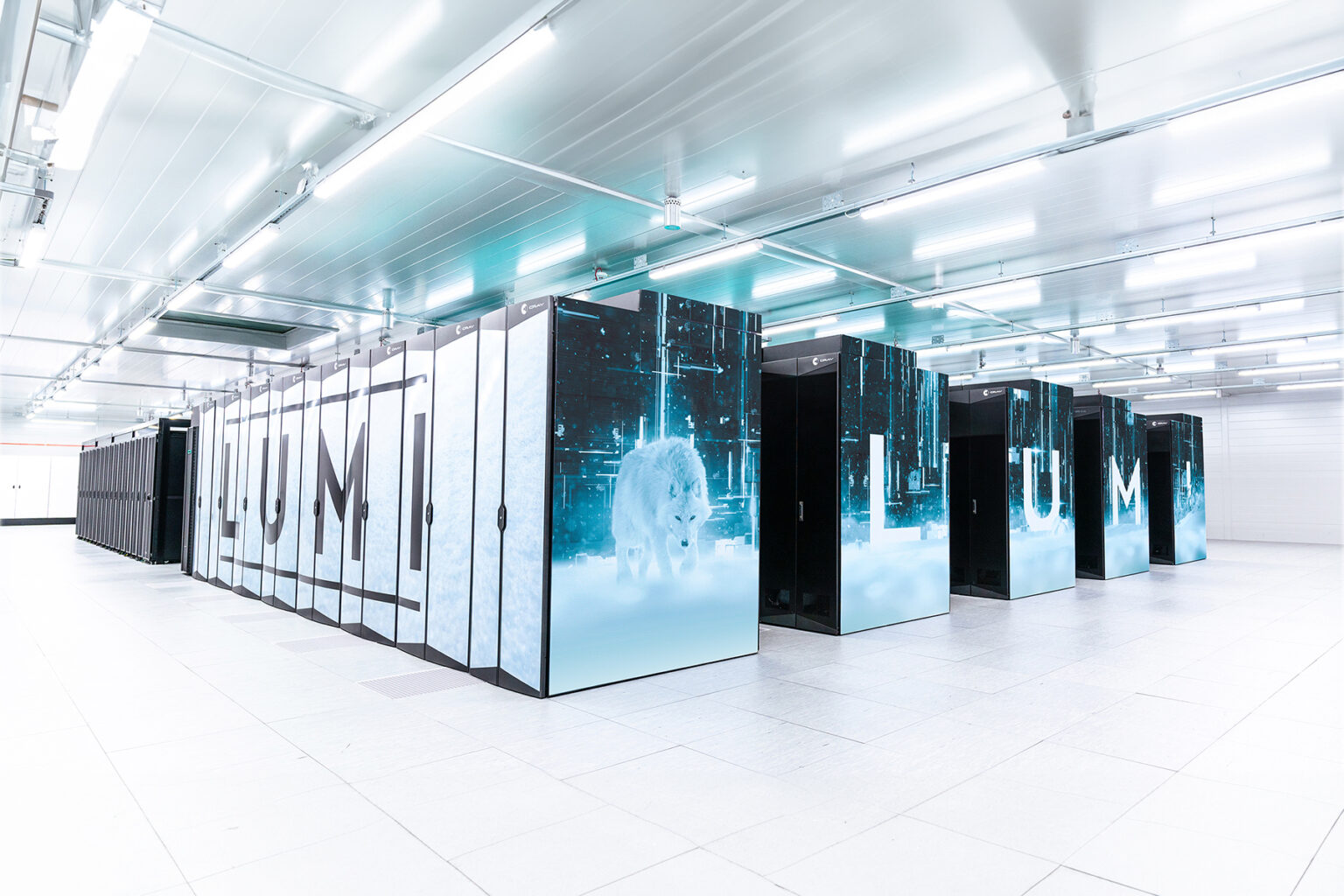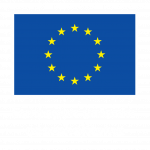

Europe's AI Factory Opens Its Doors – Free Supercomputing Power for Startups and Researchers
Finland-based facility offers unprecedented access to world-class computing resources as Brussels races to match American and Chinese AI dominance.

Text by Martti Asikainen, 30.10.2025 | Photo Fade Creative

In a snow-swept data centre in Kajaani, northern Finland, Europe is making its latest bid to become a serious player in the global artificial intelligence arms race. The LUMI AI Factory has quietly launched its first services, offering European startups, small businesses, and academic researchers something that would ordinarily cost millions: free access to one of the world’s most powerful supercomputers.
It’s an ambitious gambit. Whilst Silicon Valley giants and Chinese tech behemoths pour billions into AI infrastructure, the European Union has opted for a more democratic approach – building a network of “AI Factories” designed to level the playing field for smaller players who lack the deep pockets of a Google or Meta.
The LUMI AI Factory, which launched its initial thirteen services in early October, provides comprehensive support including high-performance computing resources, datasets, training programmes, and consulting services – essentially everything needed to develop sophisticated AI models without the eye-watering price tag.
“Our service catalogue addresses the fundamentals of AI development: data, computing, and the expertise they require,” explains the facility’s literature, though with characteristic Nordic modesty, it avoids trumpeting the scale of what’s on offer.
A Nordic Approach to Tech Sovereignty
The LUMI supercomputer itself is no modest affair. Since its inauguration in 2022, nearly 7,000 users across Europe have consumed 140 million GPU-hours and over 3.8 billion CPU-core-hours, processing everything from climate models to pharmaceutical research. GPU resources – the computational workhorses essential for AI training – have been in consistently high demand, reflecting the continent’s growing appetite for machine learning capabilities.
The AI Factory is hosted by a consortium including Finland, Czechia, Denmark, Estonia, Norway, and Poland, coordinated by CSC – IT Center for Science, alongside Aalto University, AI Finland, and the University of Helsinki. It’s a thoroughly pan-European effort, even if the hardware sits in a Finnish town better known for its harsh winters than its technological prowess.
The location is no accident. CSC’s Kajaani data centre ranks amongst the world’s most energy-efficient, using renewable energy and the cold Nordic climate for natural cooling – a consideration that matters when your computers are processing calculations that would make a conventional desktop burst into flames.
Beyond Computing Power
What distinguishes the LUMI AI Factory from simply renting cloud computing time is its integrated approach. Services include dataset-as-a-service offerings such as the European Open Web Index from the OpenWebSearch.eu project, alongside spatial data and speech data collections. For researchers and companies, this solves one of AI development’s thorniest problems: finding high-quality, legally compliant training data.
The facility also provides something arguably more valuable than raw computing power: expertise. Code optimisation consultations, guidance on selecting appropriate AI methods, and customised training programmes aim to help users navigate the often bewildering landscape of machine learning technologies.
Finnish health technology firm Gosta Labs exemplifies the kind of company LUMI hopes to nurture. The startup is using the supercomputer to develop AI language models tailored for healthcare settings, automating the creation of medical documentation. “Being part of the Finnish and EU AI ecosystem is built into our DNA,” LUMI’s customer the CEO of Gosta Labs Lauri Sippola said earlier this year. “Promoting European technological and AI expertise is also a very important mission for us.”
The AI Factory Network Expands
The LUMI facility is one of 19 AI Factories now selected across Europe, following successive rounds of approval by the EuroHPC Joint Undertaking throughout 2024 and 2025. Sites span from Greece to Sweden, with recent additions in Czechia, Lithuania, the Netherlands, Poland, Romania, and Spain expanding the network’s reach.
Each AI Factory functions as a hub linking supercomputing centres, universities, SMEs, industry partners, and financial actors, fostering collaboration across Europe in sectors including health, manufacturing, climate science, and finance. It’s an ecosystem approach, recognising that AI development requires more than just powerful computers.
The initiative reflects Brussels’ determination to establish what EU officials term “digital sovereignty” – the ability to develop advanced technologies without depending on American or Chinese infrastructure. The Commission identified AI Factories as a strategic priority in its 2024 AI Innovation Package, viewing them as essential to Europe’s technological independence.
Looking Ahead: LUMI-AI and Quantum Computing
The current LUMI supercomputer, impressive as it is, represents merely the opening act. Plans are underway for LUMI-AI, a next-generation system optimised specifically for artificial intelligence workloads using next-generation GPUs, alongside LUMI-IQ, a quantum computing platform. Together, these systems are intended to form what organisers describe as “the most advanced public quantum-accelerated HPC+AI research infrastructure in the world.”
Whether Europe can genuinely compete with the vast resources being deployed elsewhere remains an open question. American tech giants operate at a scale that dwarfs even the most ambitious European public infrastructure projects. Yet the AI Factory approach offers something different: democratised access to cutting-edge technology, free from the commercial pressures and potential conflicts of interest that come with private cloud providers.
For European startups and researchers, the message is clear: the tools to compete in the AI revolution are now available, no venture capital required. Whether they can turn that access into genuine innovation is the test that lies ahead.
The question facing policymakers across the continent is whether public infrastructure, however impressive, can nurture the kind of transformative AI applications emerging from Silicon Valley’s hothouse environment. But for now, in a converted paper mill town above the Arctic Circle, Europe is placing its bet on a different model – one that prioritises access over profit, and collaboration over competition.
The LUMI AI Factory services are available free of charge to European startups, SMEs, and academic researchers. Further information is available


Finnish AI Region
2022-2025.
Media contacts